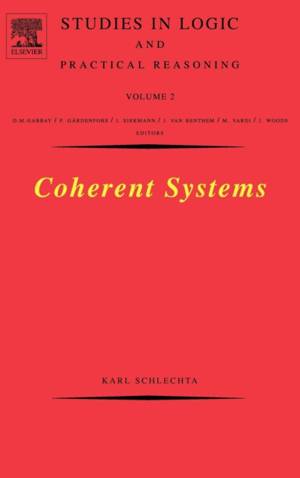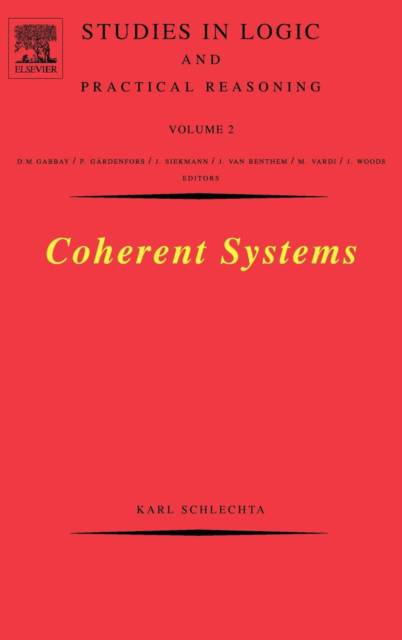
- Afhalen na 1 uur in een winkel met voorraad
- Gratis thuislevering in België vanaf € 30
- Ruim aanbod met 7 miljoen producten
- Afhalen na 1 uur in een winkel met voorraad
- Gratis thuislevering in België vanaf € 30
- Ruim aanbod met 7 miljoen producten
Omschrijving
One aspect of common sense reasoning is reasoning about normal cases, e.g. a physician will first try to interpret symptoms by a common disease, and will take more exotic possibilities only later into account. Such "normality" can be encoded, e.g. by a relation, where case A is considered more normal than case B. This gives a standard semantics or interpretation to nonmonotonic reasoning (a branch of common sense reasoning), or, more formally, to nonmonotonic logics. We consider in this book the repercussions such normality relations and similar constructions have on the resulting nonmonotonic logics, i.e. which types of logic are adequate for which kind of relation, etc.
We show in this book that some semantics correspond nicely to some logics, but also that other semantics do not correspond to any logics of the usual form.
Specificaties
Betrokkenen
- Auteur(s):
- Uitgeverij:
Inhoud
- Aantal bladzijden:
- 468
- Taal:
- Engels
- Reeks:
- Reeksnummer:
- nr. 2
Eigenschappen
- Productcode (EAN):
- 9780444517890
- Verschijningsdatum:
- 13/12/2004
- Uitvoering:
- Hardcover
- Formaat:
- Genaaid
- Afmetingen:
- 166 mm x 232 mm
- Gewicht:
- 839 g

Alleen bij Standaard Boekhandel
Beoordelingen
We publiceren alleen reviews die voldoen aan de voorwaarden voor reviews. Bekijk onze voorwaarden voor reviews.











